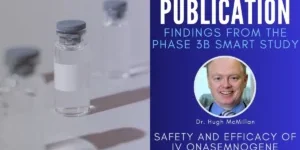Grants and funders
We are grateful for the support of numerous funders who make the work of the Lochmüller Lab possible.
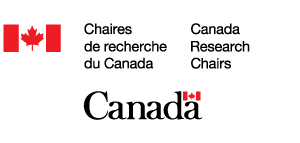
Hanns holds the Canada Research Chair in Neuromuscular Genomics and Health and our lab’s work is supported by funding from the Canada Research Chairs program.

We are supported by a CIHR Foundation Grant on Precision Health for Neuromuscular Diseases under grant no. FDN-167281 and by a CIHR Network Grant (jointly funded by Muscular Dystrophy Canada) for NMD4C, a neuromuscular network for Canada.
Hanns is an investigator on the CIHR grants:
- BIND Study: Assessing the Indirect Socio-Economic Burden of Inherited Neuromuscular Diseases (principal investigator, CIHR Team Grant)
- A comprehensive study of the natural history of OPMD: An essential step towards clinical trial readiness and evidence-based interventions (co-investigator, CIHR Project Grant)
- Inherited disorders of neuromuscular transmission in humans: Understanding and manipulating molecular and cellular structure-function relationships at the motor neuron to muscle interface, the neuromuscular synapse (principal investigator)
Research members supported by individual CIHR grants include:
- Kiran Polavarapu, who currently holds a CIHR Postdoctoral Fellowship Award (2023-2026)
- Rachel Thompson who held a CIHR Postdoctoral Fellowship Award (2020-2023)
- Alexa Derksen, who holds a CIHR Canada Graduate Scholarship Doctoral award
- Ofosu Adjei-Afriyie, who holds a CIHR Canada Graduate Scholarship Master’s award (2022-2023)

The Canada Foundation for Innovation (CFI) supports equipment in our lab as part of the CRC award.

The Canada First Research Fund supports the multi-site University of Ottawa: Brain -Heart Interconnectome.
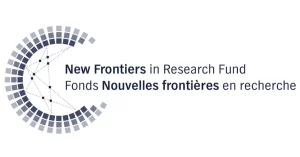
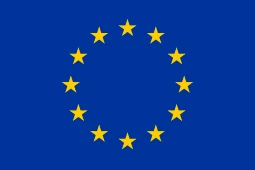
The New Frontiers in Research Fund and European Commission supports the Accelerating drug repurposing for rare neurological, neurometabolic and neuromuscular diseases by exploiting SIMilarities in clinical and molecular PATHology (SIMPATHIC).

Funding from the European Joint Programme for Rare Diseases (EJP-RD) supports the PROMOT network: Performing a Rare Disease-Oriented Master Observational Trial to decipher complexity and optimize trial readiness (with Canadian funding contributed by the CIHR), and ProdGNE: Novel therapeutic approaches to target GNE Myopathy (with Canadian funding contributed by the CIHR).
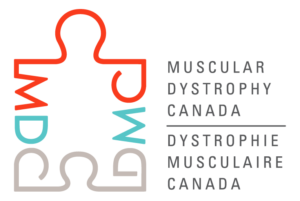
We are supported by Muscular Dystrophy Canada with a Network Grant in Muscular Dystrophy for NMD4C, a neuromuscular network for Canada (jointly funded by CIHR).

Stephen Holland is the recipient of a Scholarship in Translational Research (STaR) Award from the Dr. Eric Poulin Centre for Neuromuscular Disease (CNMD) in partnership with the University of Ottawa Brain and Mind Research Institute (uOBMRI). This award supports Stephen’s research over 2024-2025.
Caroline Part is the recipient of a Scholarship in Translational Research (STaR) Award from 2025-2026.
Kaela O'Connor is the recipient of a Queen Elizabeth II scholarship award, which will allow her to continue her research for the 2023-2024 academic year.

Read next...

Meet The Lab’s New Clinical Members!
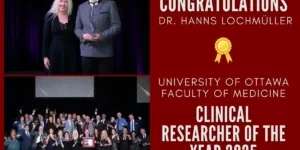
Dr. Hanns Lochmüller Awarded “Clinical Researcher of the Year” by University of Ottawa Faculty of Medicine
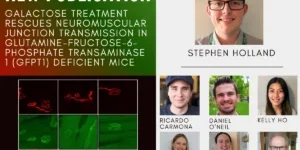
New Publication: Galactose treatment rescues neuromuscular junction transmission in glutamine-fructose-6-phosphate transaminase 1 (Gfpt1) deficient mice

Celebrating Lab Members’ Recent Research Awards

Meet The Lochmüller Lab’s Newest Members!
